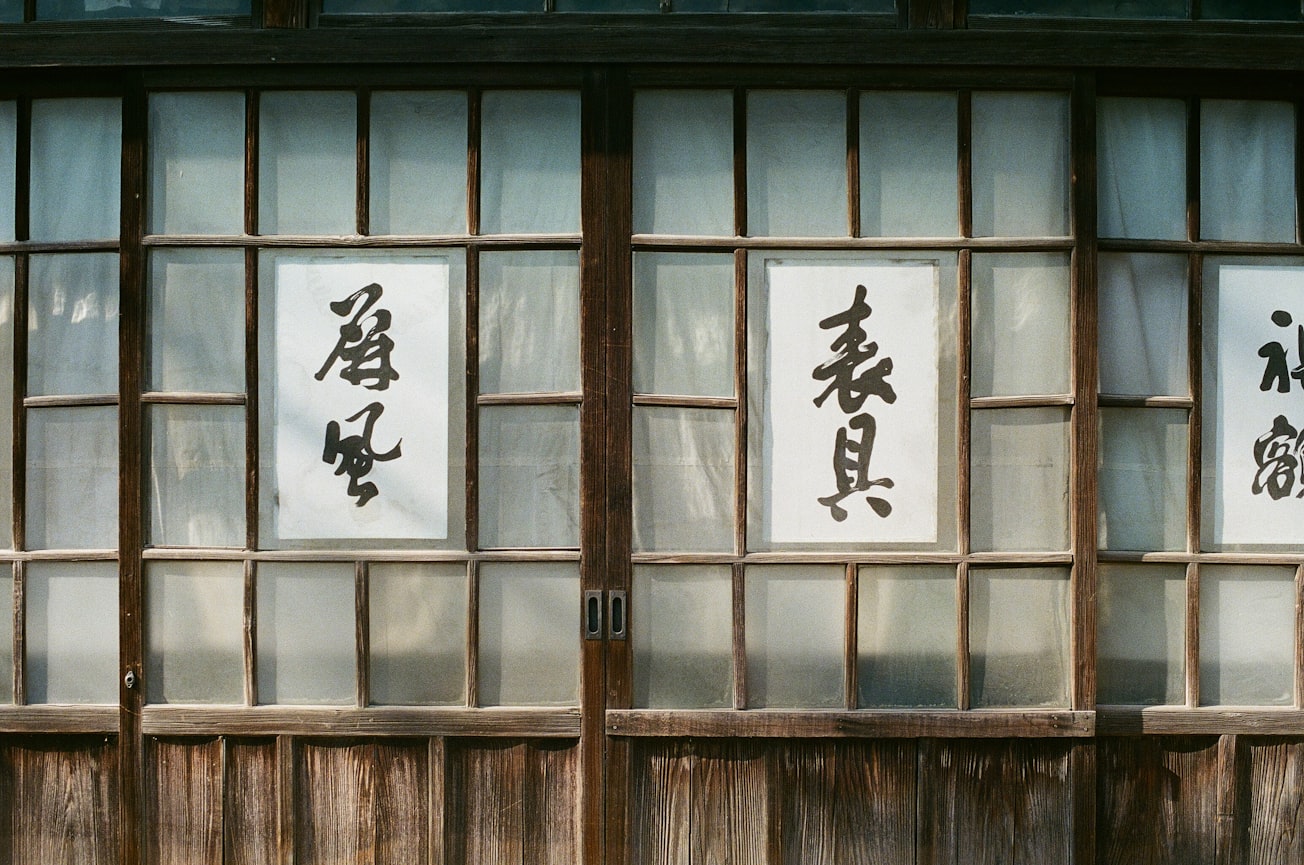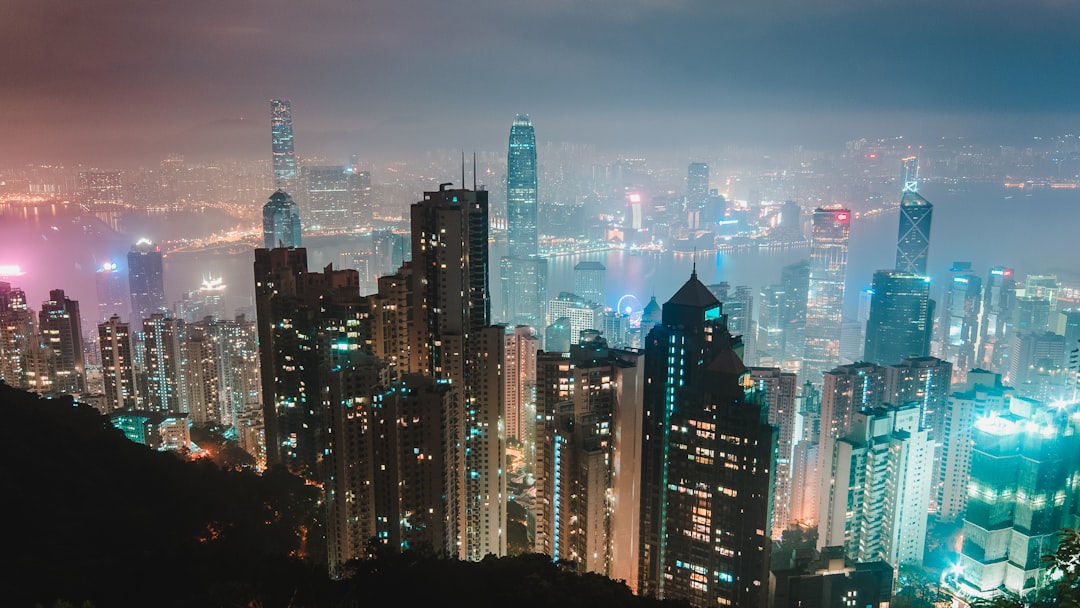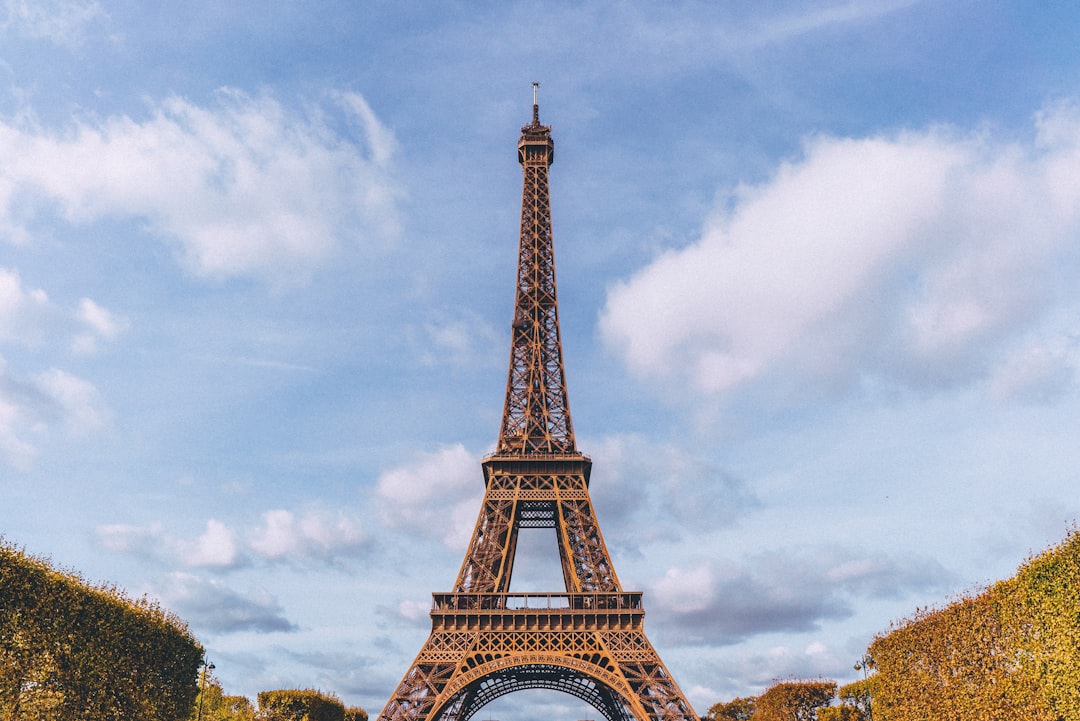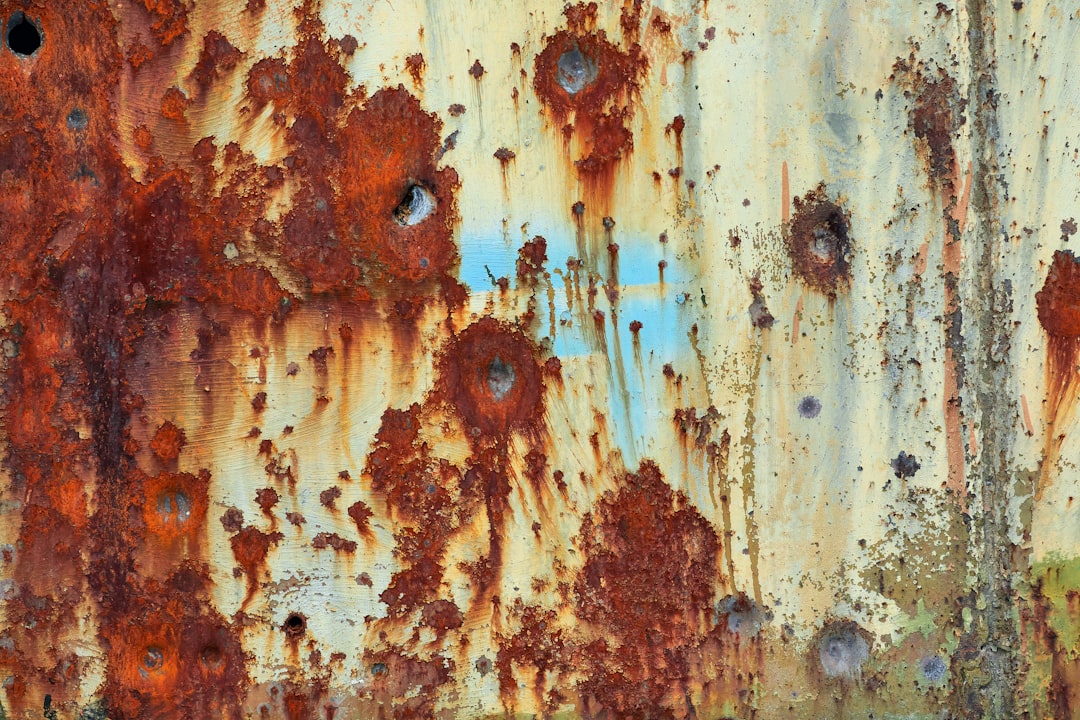What is it about?
Yasujiro Ozu develops the narrative of his films around transitory rites in the lives of the characters. For Ozu, the family is the core of sustenance of the home and it is its stability that is called into question. The present article intends to relate, due to the proximity to the everyday and community life of Ozu's characters, the threats to the stability of the family home with rites of passage.
Featured Image

Photo by Shoichiro Kono on Unsplash
Why is it important?
This article argues that the main conflict on the analysed Ozu's films is centred on the character's struggle to change, because of a ritual that is not accomplished or that will, in the face of society and the values of an epoch, be belatedly fulfilled. It is the tension between modernity and tradition that places the characters in a liminal state, giving rise to a sense of slow separation, of "non-status", and of "late".
Perspectives
I hope that this work highlights the content in Ozu's films in relation to the form, already much analysed. It has allowed me a closer look to what might be Ozu's perspective on the everyday of a family within a culture in transition. And also, to reach the conclusion that Ozu is still the great director of modernity, as he portrays the beginning of the contemporary globalised world, which we know today, through the juxtaposition between eastern and western cultures.
Hugo Martins
Read the Original
This page is a summary of: Rites of passage in the cinema of Yasujiro Ozu, New Cinemas Journal of Contemporary Film, July 2021, Intellect,
DOI: 10.1386/ncin_00025_1.
You can read the full text:
Contributors
The following have contributed to this page










